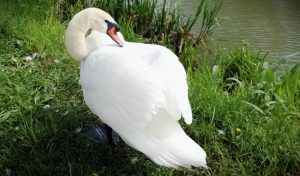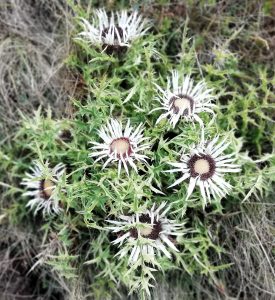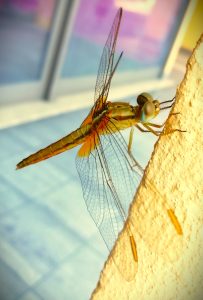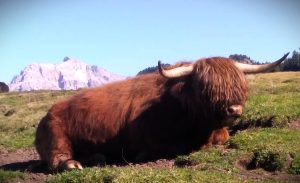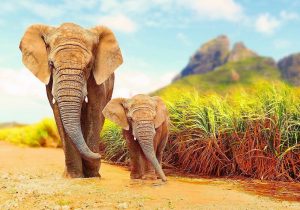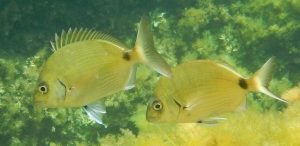IN A NUTSHELL Author's NotePEAH readers may find the '1 HOPE-TDR in a Nutshell' synopsis informative as the summary below seeks to respond to key questions relating to the initiative and the development of project proposals towards 'cultivating an active care for the world and with those with whom we share it' (Unesco). The response to 'Why important?' may be especially timely as a 'wake-up call ' given 2025! Anyone interested in learning more about the initiative can contact me via email glueddeke@aol.com

By George Lueddeke PhD
Global Lead, International One Health for One Planet Education & Transdisciplinary Research Initiative (1 HOPE-TDR)
Independent advisor in Higher, Medical and One Health education / research
Southampton, United Kingdom
1 HOPE-TDR in a Nutshell

The international One Health for One Planet Education and Transdisciplinary Research initiative refers to an evolving network and an inclusive learning strategy "helping society better understand the critical importance of our relationship to each other, to other species and to the environment."
Origin
Building on national and international multi-disciplinary education (learning) and research initiatives, 1 HOPE-TDR stemmed from a publication entitled Survival: One Health, One Planet, One Future (2019/2020), including ‘Ten Propositions for Global Sustainability.’
Proposition #7 calls for the “unifying One Health and Wellbeing” concept (OHW) recognising the interdependence of humans, non-humans, plants and the environment to be the cornerstone of societal institutions.
Connection to the UN-2030 SDGs
The OHW concept provides the bond or glue that holds the 17 UN-2030 Sustainable Goals together to achieve a “more just, peaceful and sustainable world” calling for a new worldview: ensuring that our human needs are compatible with those of our ecosystems – air, land, sea.!
Why important
Re-orientation necessitates ‘rising above the many issues that divide us and be part of something bigger – shifting our worldview from human-centrism (‘it’s all about us’) to embracing the ‘common good’ through eco-centrism (‘it’s about all species in a shared environment).
Moving forward
New ways of thinking, learning and community engagement are key to this transformation and finding better ways (socio- economic, political, environmental) to “cultivate an active care for the world and with those with whom we share it.” (Unesco).
Awareness-raising and ‘learning engagement’ paths
Lifelong learning (formal education [all levels] and non-formal), transdisciplinary research and community engagement to better understand the root causes of the existential risks we face and explore solutions for a better world are possible paths to consider and are also the main purpose of the 1 HOPE-TDRworking groups being established across global regions -Africa, Americas, Asia, Europe, and Oceania (2025).
1 HOPE-TDR Framework and Project Funding Proposal
Completed over the past few years, the Framework provides information on the rationales, multi-level stakeholder structure/composition and evidence-based strategies for developing regional 1 HOPE-TDR project proposals (2025-2027) focusing on cultivating ‘an active care for the world and with those we whom we share it‘ (Unesco).
Image credit: All Life Institute
GETTING INVOLVED
Either in a personal or organisational capacity, join one of the project working groups being established across Africa, Americas, Asia, Europe and Oceania regions. (Names of regional contacts: tba)
ADDITIONAL BACKGROUND INFORMATION
Article: Reflections on Transforming Higher Education for the 21st Century
- Part 1: The One Health & Wellbeing Concept
- Part 2: Development of a Global ‘All Life’ narrative
- Part 3: The International One Health for One Planet Education & Transdisciplinary Research Initiative and the ECO-University
- Capacity-building poster -OHW & SDGs
- Chapter: The University in the Third Decade of the Third Millennium: ’Saving the World from Itself?’
